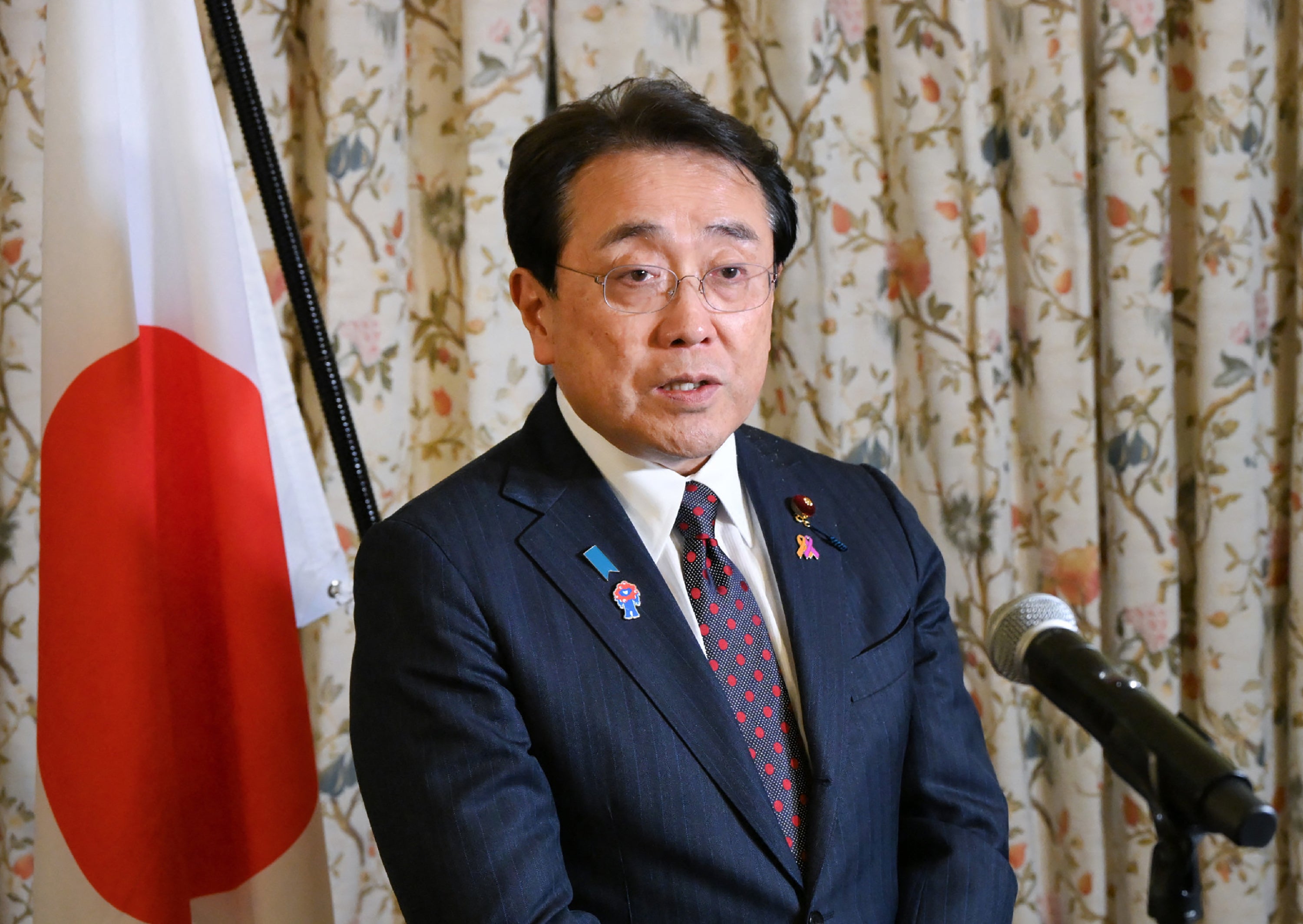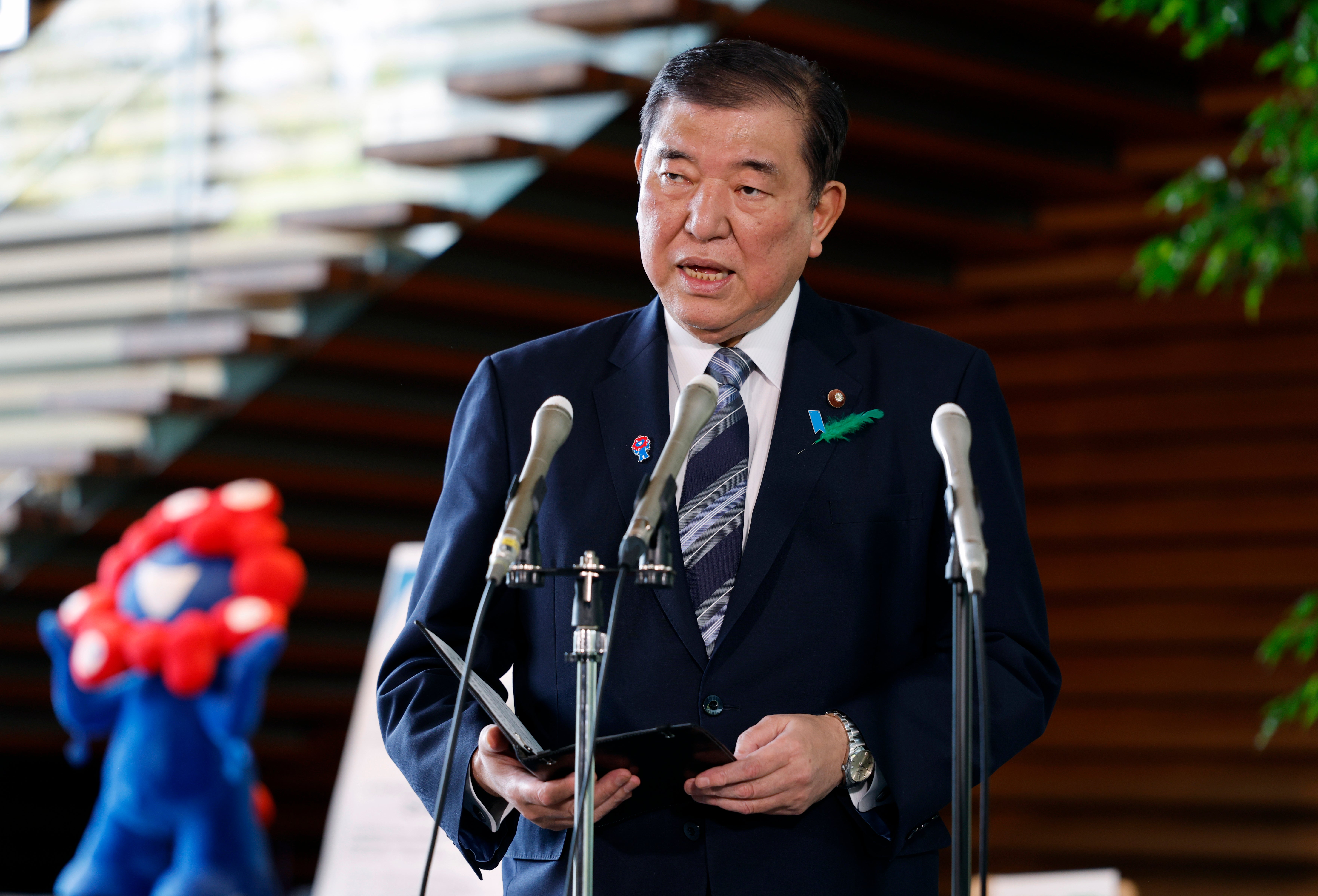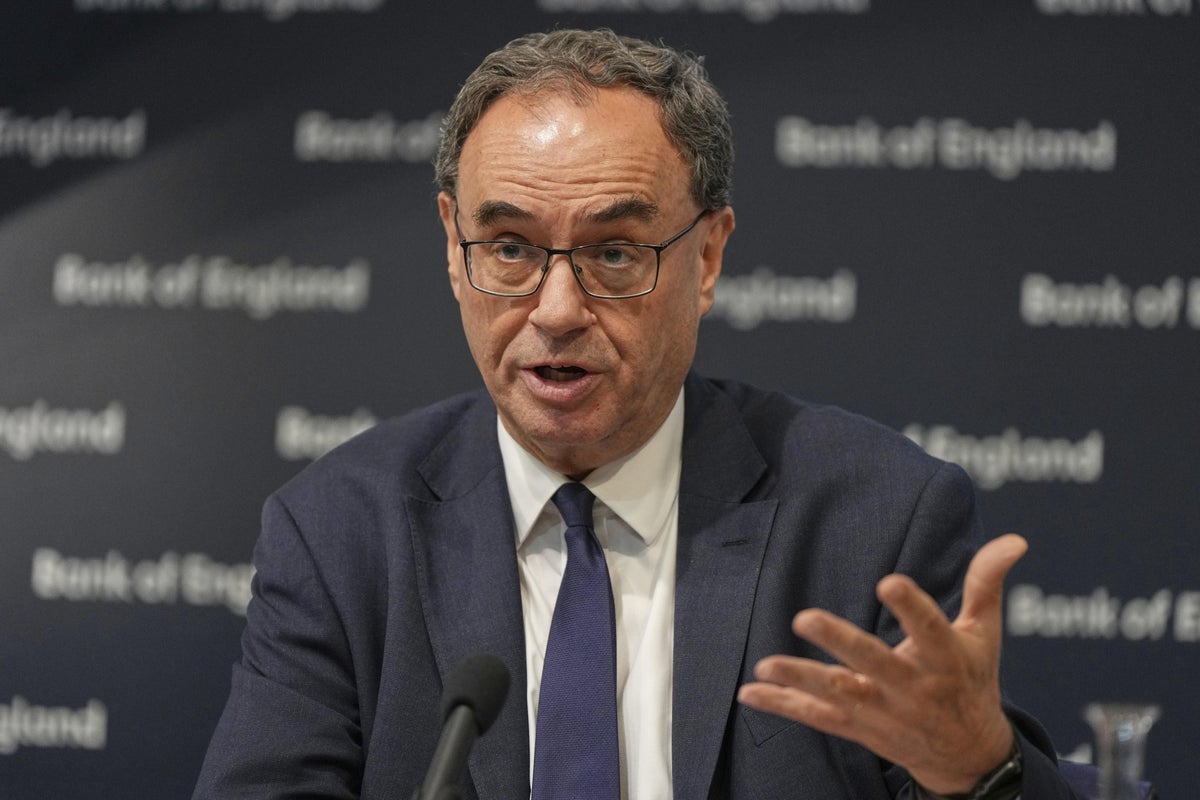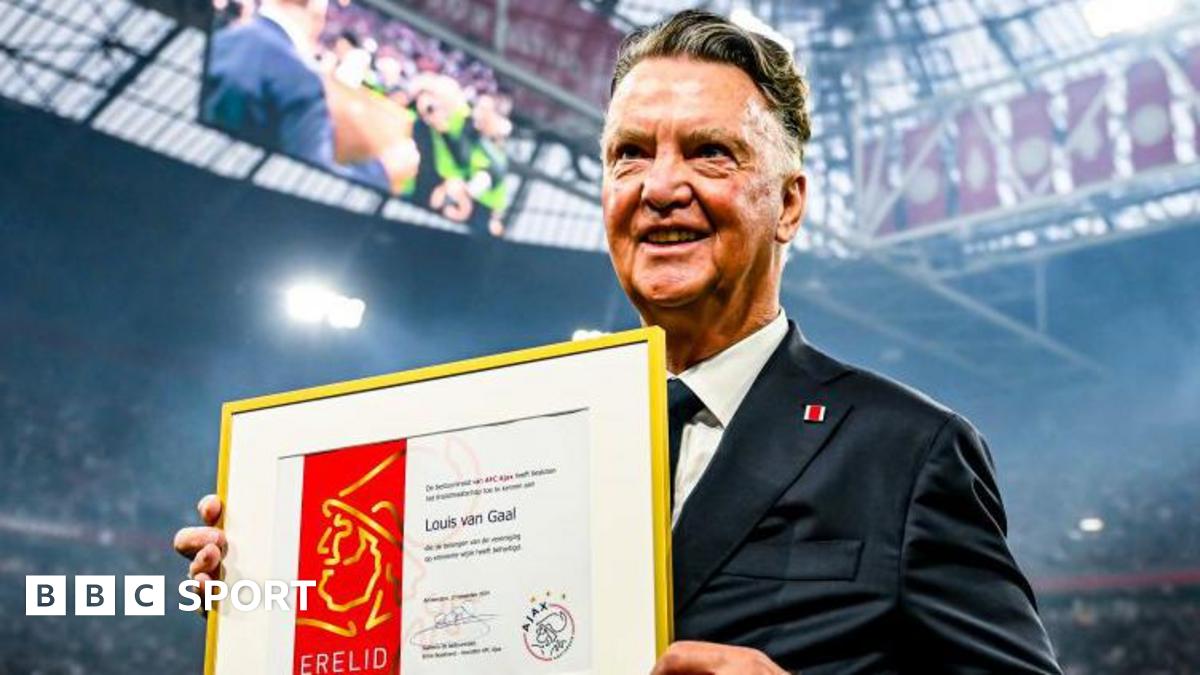Donald Trump said there was “big progress” after directly participating in the trade negotiations with a Japanese delegation in Washington, even as both sides made little headway other than an agreement to meet again.
Japan, which was hit by a 24 per cent blanket tariff along with an existing 25 per cent duty on automobiles during Mr Trump’s “Liberation Day” announcement, was one of the first countries to formally kick off negotiations, an early test of Washington’s willingness to cede ground on the duties.
Although the blanket tariff on Japanese imports has been paused for 90 days, a 10 per cent universal rate remains in place, as does the duty for cars, a mainstay of Japan’s export-reliant economy. Japan’s automobile sector, which comprises 20 per cent of the total exports, could lose $17bn in export potential in the US due duties, according to reports.
“A Great Honor to have just met with the Japanese Delegation on Trade. Big Progress!” Mr Trump said on social media, without adding details about the negotiations.

Opposite Mr Trump for Wednesday’s talks was Ryosei Akazawa, a confidant of Japanese prime minister Shigeru Ishiba who only took up his first cabinet post late last year in the relatively junior position of economic revitalisation minister.
Tokyo had not expected Mr Trump to participate in what it viewed as a preliminary fact-finding mission, sources familiar with Tokyo’s planning told Reuters, and had been hoping to limit the scope of discussions to trade and investment matters.
Mr Akazawa gave little away about the details of the discussions but said the parties had agreed to hold a second meeting later this month. He added that Mr Trump said getting a deal with Japan was a “top priority”.
He said exchange rates, which the Trump administration has said Japan and others manipulate to get a trade advantage, were not discussed.

However, defence may have been on the agenda, according to reports. Mr Trump earlier said the issue of how much Tokyo pays towards hosting US troops in Japan, the biggest US overseas deployment, would also be discussed in Wednesday’s meeting.
“There are still gaps between the respective stances of Japan and the US,” Mr Ishiba said in Tokyo on Thursday. “Negotiations going forward won’t be easy, but President Trump said he intends to position talks with Japan as top priority.”
The prime minister said the discussions between the Japanese delegation and the Trump administration were “conducted at length, and I have been told they were frank and constructive.”
The Japanese trade negotiator spoke with US treasury secretary Scott Bessent and commerce secretary Howard Lutnick for 75 minutes, The Japan Times reported.
Mr Trump met with Mr Akazawa for 50 minutes before formal talks began. “I truly appreciate that President Trump took the time to meet with me today. To put it bluntly – and frankly speaking – I am clearly far beneath him in terms of status.
“So the fact that he came out and spoke with me directly is something I am genuinely grateful for.” Mr Akazawa said.
Mr Bessent had previously said he is hoping to strike deals that would cover tariffs, non-tariff barriers and exchange rates, though Tokyo had lobbied to keep the latter separate. Possible Japanese investment in a multi-billion dollar gas project in Alaska could also feature, he added.






